1968 and all that
“The sixties began in 1956 with Soviet tanks rolling into Hungary, and ended in 1968 with Soviet tanks rolling into Czechoslovakia. They opened with the instinctive radicalism of youth searching for an outlet, shouting in despair “There are no good, brave causes left,” and ended with so many different and conflicting outlets for radicalism that youth did not know where to put itself.”
Francis Beckett, What Did the Baby Boomers Ever Do For Us? (Biteback, 2011.)
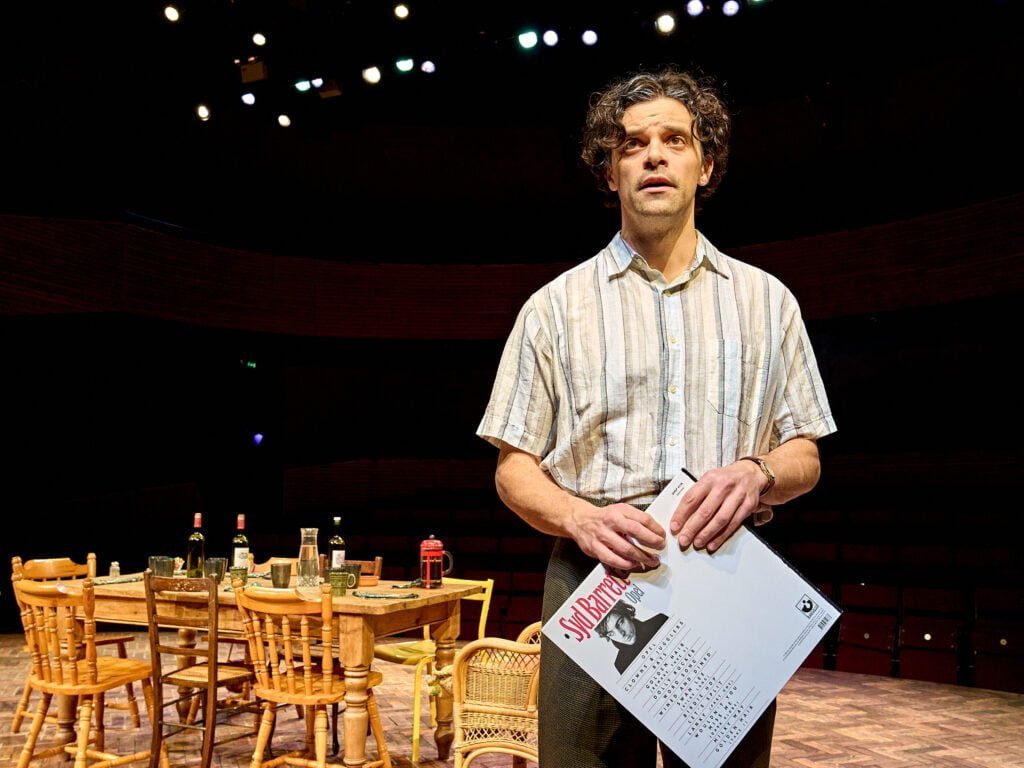
A young Spanish friend of mine recently gently rebuked me for questioning her about her country’s fascist past. For me, a liberal left wing Englishman, there are interesting topics to dissect here; we care about them, but they do not touch us. For her and her friends and countrymen, it’s about your ancestors murdering my ancestors, and you don’t talk about it unless you really, really mean it. It was a salutary lesson for me.
You sense, watching Nina Raine’s interesting and understated new production of his play Rock ‘n Roll, that Czech-born writer Tom Stoppard feels a little like my Spanish friend. The play seems rather to suggest that the Czech Jan (Jacon Fortune-Lloyd) lives nearer to the real world than the Marxist professor at Cambridge, Max (Nathaniel Parker.)
The play asks interesting questions that seem to have lost some of their urgency in the last half century, but which have been not so much rendered unimportant as swept under the carpet. How can a clever man like Max hold onto his faith in communism after the dreadful things that happened in the Soviet Union? Is Stalinism really any better than Hitlerism?
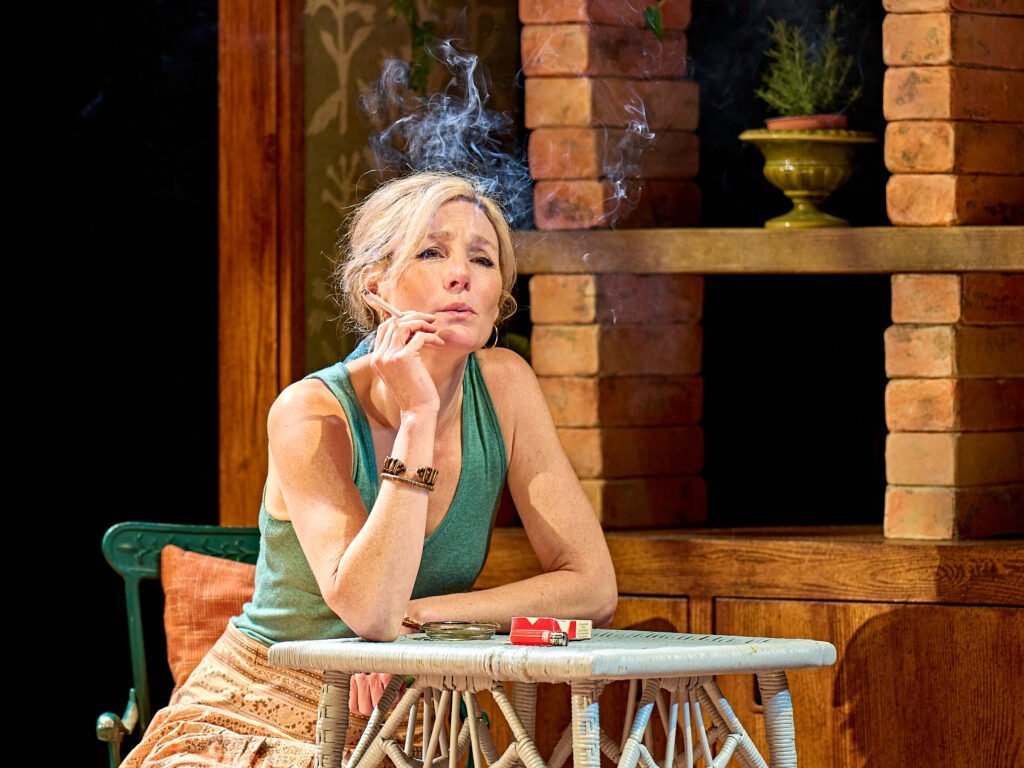
Max is an authentic product of the old Communist Party, as it was before anyone had heard of Eurocommunism – a creed which, when it emerges, earns Max’s utter contempt. “Mail order communism” he calls it. He tells Jan: “For you freedom means leave us alone. For the masses it means give us a chance.” Neither man sees that true freedom must mean both these things.
I suspect the early Stoppard would have felt that Max’s idealism was either wilfully blind, or perhaps something worse. By 2006, when he wrote Rock ‘n Roll, he was ready to give the man a chance. “I have a lot of feeling for Max’s version of integrity” he writes in the programme.
He mentions Max alongside the great Marxist historian Eric Hobsbawm, who stayed in the Communist Party when most of the other historians were deserting it. Max isn’t based on Hobsbawm, whom Stoppard got to know only when Hobsbawm was an old man (he died in 2012, aged 95) but Stoppard found Hobsbawm “a decent man” who had nevertheless “found some way to stick with the core belief he picked up when he was twenty, despite it leading to horrible consequences for huge numbers of people.”
The story concerns three generations of Max’s family, and Jan’s struggle as a Czech dissident who loves rock ‘n roll. Stoppard likes to think of it as hanging on a love story, rather than “editorialising about Marxism and democracy and so on” but there is a lot of editorialising in it. It’s nonetheless a thoughtful, absorbing play, with several shafts of the incisive wit that are such a feature of Stoppard’s writing.
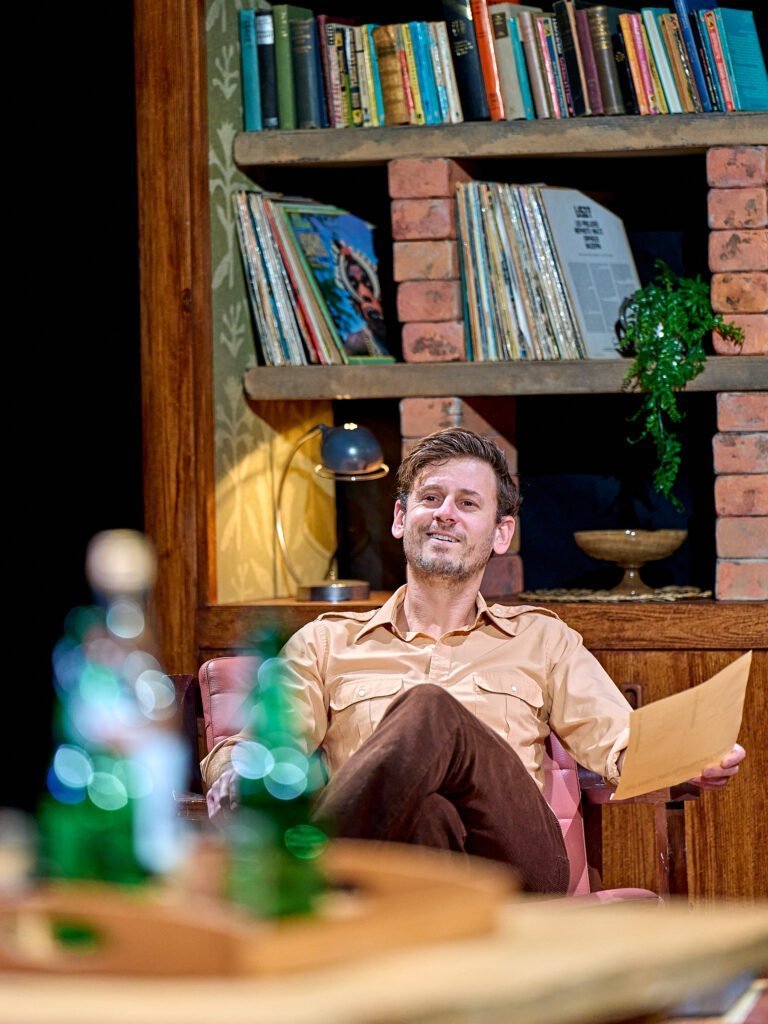
Raine and designer Anna Reid have chosen to turn the Hampstead Theatre into as near to a theatre in the round as can be arranged, placing a section of the audience on what is usually the stage. This is almost certainly technically easier in the new Hampstead Theatre than in older theatres, but I am not sure Rock ‘n Roll lends itself to this treatment. It is not an intimate play. It’s a play you sit and watch, and I am not at all sure I wouldn’t rather see it behind a proscenium arch, with as realistic a set as can be devised – as, in fact, I first saw it in the west end.
Raine has assembled a first rate cast, and directed the play with care and feeling for Stoppard’s words and ideas – perhaps a little too much, for I could have done with more urgency in the plot, and more of the rock ‘n roll which Stoppard loves so much, played louder and less politely. She has made the play more one about ideas than about people and story, which makes it perhaps a more interesting but less enthralling night in the theatre than it might otherwise have been.
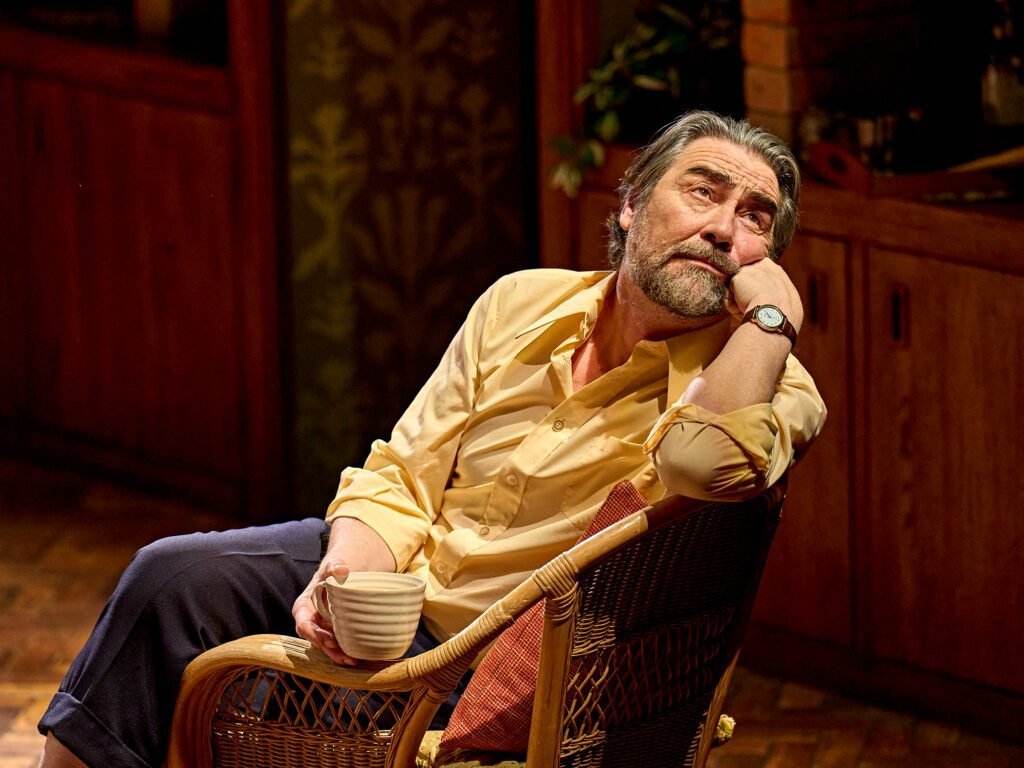
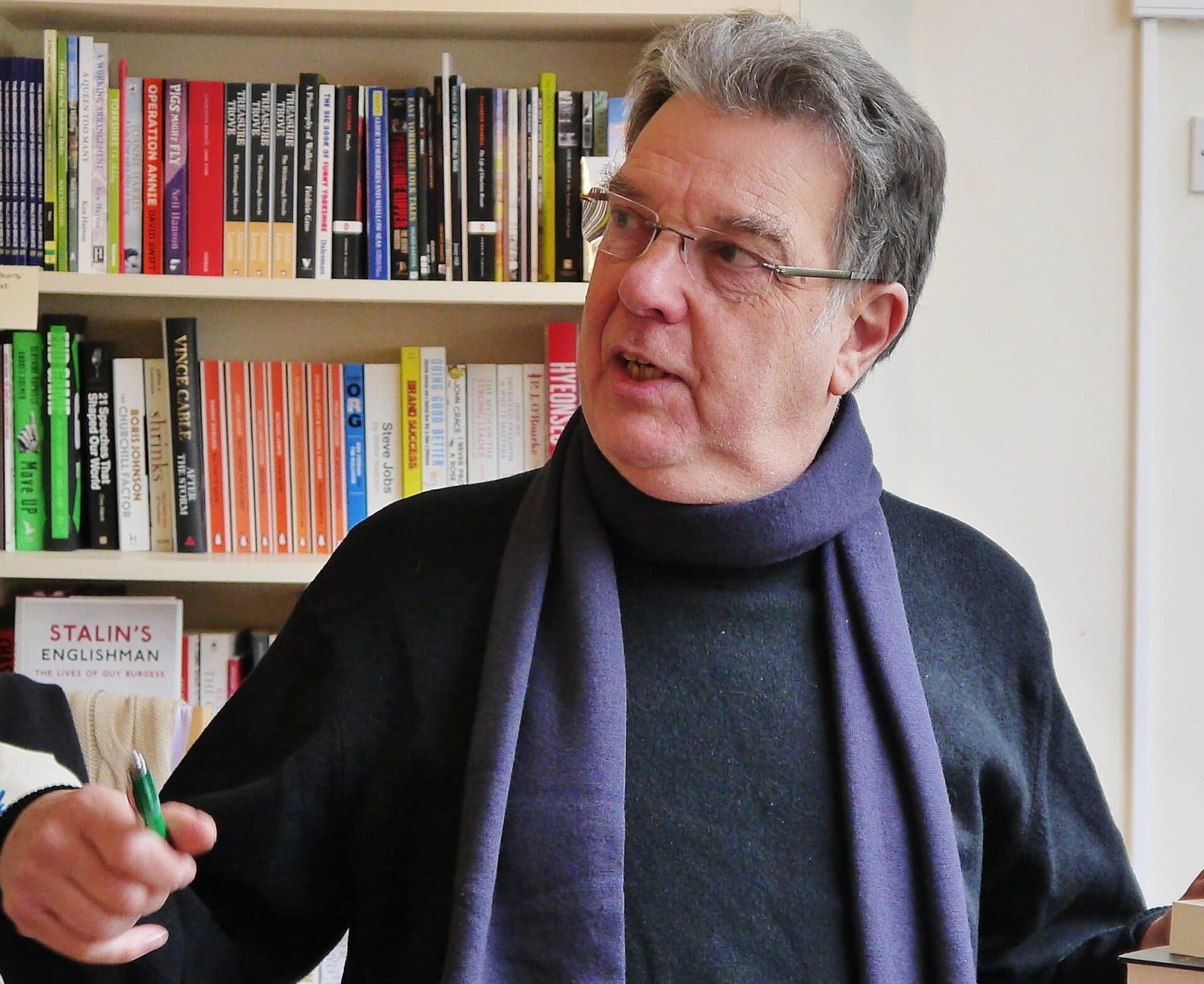
Francis Beckett is an author, journalist, playwright and contemporary historian. He was the 2009 winner of the Ted Wragg Award for lifetime achievement in education journalism.
His latest two plays are A Modest Little Man (about Clement Attlee) and Vodka with Stalin.
Production Notes
Rock ‘n’ Roll
Written by Tom Stoppard
Directed by Nina Raine
Cast
Starring:
Anna Krippa
Colin Tierney
Emily Mytton
Georgia Landers
Hasan Dixon
Jacob Fortune-Lloyd
Nancy Carroll
Nathaniel Parker
Phoebe Horn
Brenock O’Connor
Creatives
Director: Nina Raine
Designer: Anna Reid
Movement Director: Jane Gibson
Lighting Designer: Peter Mumford
Sound Designer: Tingying Dong
Fight Director: Kev McCurdy
Information
Running Time: Two hours 40 minutes with an interval
Booking to 27th January 2024
Theatre:
Hampstead Theatre
Eton Avenue
Swiss Cottage
Tube: Swiss Cottage
Reviewed
by Francis Beckett at
Hampstead Theatre
on 14th December 2023
